A glimpse of the life and times of Bert Alaban in Sierra Leone
Roberto “Bert” A. Alaban Jr. (Batch ’79) is from Victorias, Negros Occidental. He obtained his bachelor’s degree in agriculture from the University of the Philippines Los Banos in 1982 with soil science as a major. He devoted much of his career in sugarcane agriculture working for Victorias Milling Co., Inc. as agricultural researcher and later as company farms manager.
His other interests include simplified, non-circulating hydroponics and designing and installing hydraulic ram pumps for small-scale water supply and irrigation. In 2006 he was the country winner in a business plan competition called Business in Development (BiD) Challenge sponsored by the Philippine Business for Social Progress and competed in the international phase in the Netherlands. His project was entitled “Production of High-Value Vegetables Using Simplified, Non-circulating Hydroponics.” In January 2010 he became a volunteer for VSO (Voluntary Services Overseas) and was sent to Sierra Leone in West Africa for a one-year placement. In November 2010 he joined Addax Bioenergy Sierra Leone Ltd. as an agronomist and has stayed on since then. He also dabbles in haiku poetry, is an Aikido practitioner since 1997, and is currently taking up the dangerous sport of planking.
He is married to former Maricel de la Cruz of Manapla, Negros Occidental. They have two children, R. Jared, 16 and Renina Mondrianne, 13.
You describe your current line of work as a Water Management Adviser. Is being an Adviser equivalent to a Consultant? What were the circumstances that brought you to do this type of job?
Not anymore; since November, 2010. By then I have already joined a Swiss-owned biofuels company in Sierra Leone as Agronomist.
But I first came to Sierra Leone as “Water Management Adviser” in January 2010 as a Volunteer of VSO (Voluntary Services Overseas) an international development charity that works through experienced volunteers. It is the largest independent (non-governmental) volunteer-sending organization in the world with offices in the UK, Ireland, Canada, the Netherlands, Kenya and the Philippines (www.vsobahaginan.org) and a recruiting partner in India.
I was assigned in a remote mountainous town more than 300 kilometers from the capital Freetown, teaching locals, based on existing local knowledge and resources, how to develop their swamps into rice farms. That meant bush clearing, construction of dikes and canals, levelling, water control, as well as runoff management from the slopes. I was required to write a manual so that my work can easily be built upon by succeeding volunteers. Towards the end of this one-year volunteer placement I then joined this biofuels company as one of the expat staff (so far the only Filipino among mainly South Africans, Zimbabweans, French and Indians).
I applied for volunteer work as jump-off point to that proverbial greener pasture, to satisfy my desire to help others by sharing my skills (VSO’s motto is “Sharing Skills, Changing Lives”), for adventure . . . necessarily in that order. Yes, in a major way I was a consultant when I was a volunteer adviser.
Since you have been in Sierra Leone for more than two years now, can you describe to us what constitute your typical day-to-day activities?
Not quite but close enough to two years. When I was a VSO volunteer I would wake up at around 6:30AM and cook breakfast for two (I was living in a VSO-rented house with a fellow VSO volunteer working in the same project, as Value Chain Adviser, Ingrid Scholten from the Netherlands). We’d have breakfast together, then either go to the office or the field. There would be trainings, visits to the villages covered by the project, which I really enjoyed because that meant riding a motorbike along lonely roads through picturesque landscapes. Then I had to be home by 5PM to cook dinner before it gets dark (as there was, and still is, no electricity and no running water too). Then we’ll have candlelight dinner at the porch (no electricity remember?), then engage in an hour or two or post-prandial interchange of thoughts, but not before anointing ourselves with anti-malaria concoctions. What comes after that I leave to your imagination . . . (ok, wash dishes and sleep).
In separate beds.
Ok, in separate rooms too.
Now as a regular slaving plantation functionary I wake up at 5:15AM, be in the field by 6:30 to meet up with my boss, supervisors and workers, deploy according to the day’s work plan then come back home (I live in a company house within the farm itself) for breakfast. Then within the day I would go round (and round and round) and monitor the day’s work progress (or non-progress, thus bellow one or two four-letter words sometimes, but only inside my head, or muffled enough not be overheard by myself). Once in a while I catch my breath.
To end the day at around 5:30PM I may take a walk or pedal around a center-pivot sugarcane field (which is around a kilometer in diameter, and that would take me 40 minutes on foot or 15 minutes to circle by bike), or head down the river fronting my house to paddle a kayak, or blast away a some Elton Johns, Manilows or Bubles or newer stuff like Corrs on my Extreme Magic Sing. Then I’ll be a couch potato before hitting the sack, spending 2-3 hours moving up and down NatGeo, Discovery, Crime&Investigation, CNN or Aljazeera till maybe 10 PM.
I still share the house with a female, Katarin. Though considered a minor, being below the age of 18 (months), she’s every bit a real pussy.
Last Updated on October 12, 2016 by Tudla_Admin


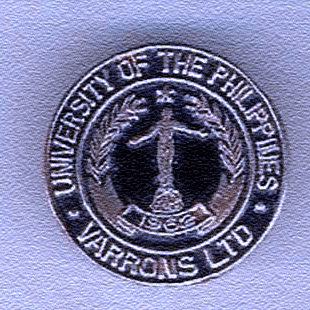





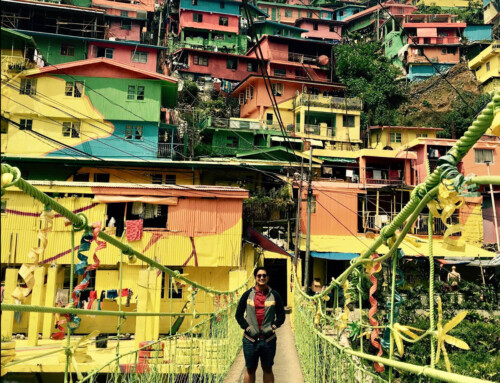


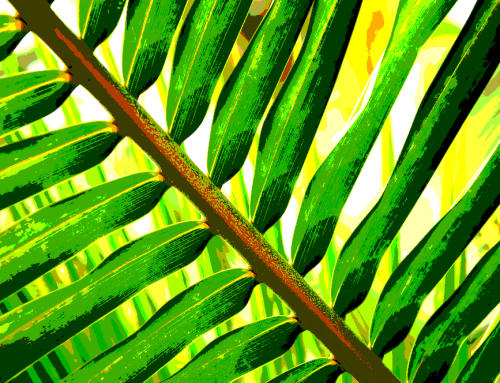
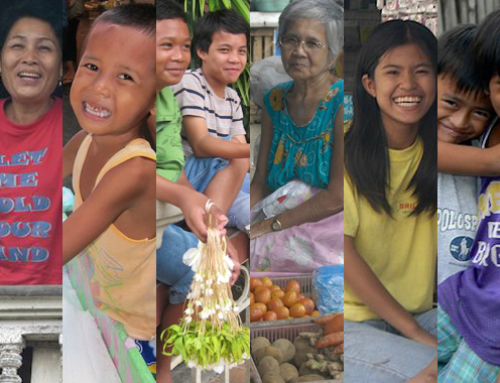


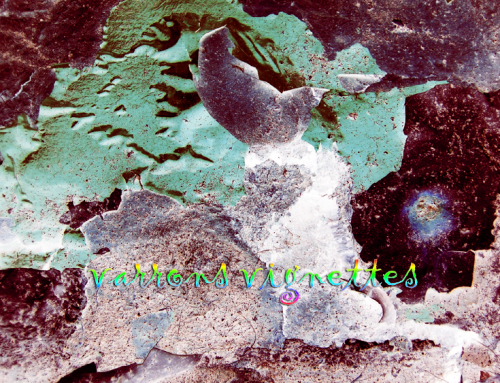
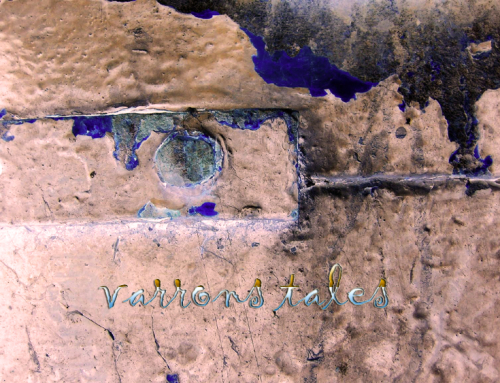
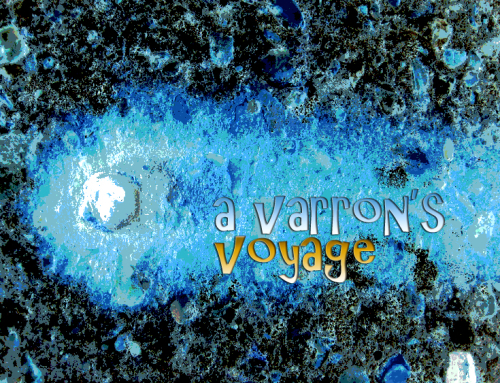
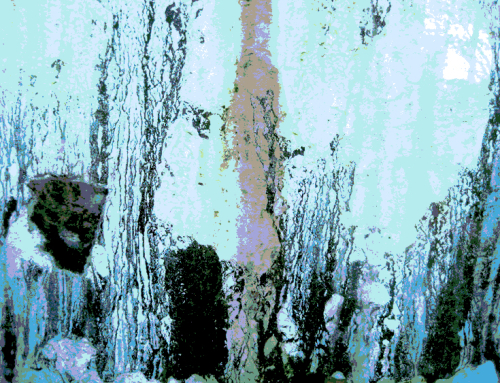
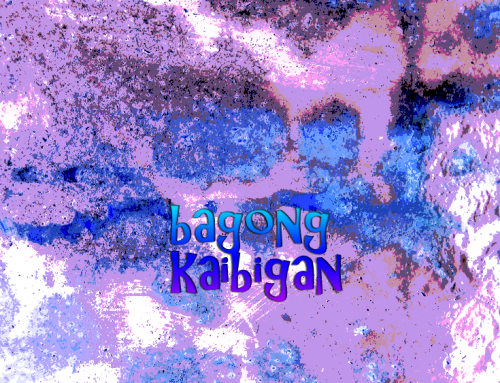
Leave A Comment